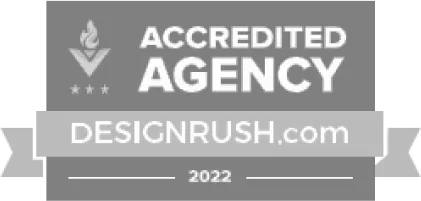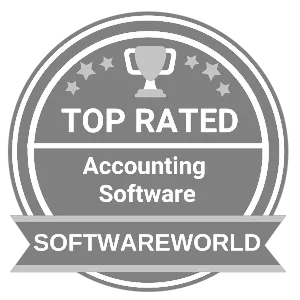Part 1.
People
A product is a system that is created to take over the world. So, sooner or later there should be an opportunity to separate the product from the founders. At least, in order to ensure that its shares can be traded. A machine made of people in the form of a sales funnel – that’s what the product is in most cases.
Doing projects is not quite a business. It’s difficult to scale, it’s always localized to some extent and strongly attached to particular individuals. It's not very clear how to tear it away from the core of the team or how to sell it. You can still earn money that way, though. It works out if you like people and the process of solving a variety of client’s tasks.
The project studio is centered around the people who work in it. For the first ten years of my director's work, every time someone quit I felt like Prometheus who had a piece of liver torn by a bloody eagle.
Then I realized: people will work for you as long as you teach them. More precisely, as long as they see that they can learn something more valuable here. The project business needs to be built in such a way that people always have tasks in the zone of the nearest development. You hire people, they get stronger. As long as they get stronger, they will stay with you.
The problem is that sometimes people outrun the development of the business. Then they leave, and there's nothing you can do about it.

The structure of responsibility
For project work, clients are the best people. Seriously, and not because they pay money. The client takes full responsibility for choosing the goal. For you to feel good, you just need to do the easiest thing – to be honest, predictable and extra competent. After all, the client took on the most difficult part of the job: they decided where you needed to go.
In addition, in the project business, you and the client are on equal terms and you can act as partners – two independent, adult, responsible subjects who can agree on common goals and ways to achieve them. In fact, it's half of the joy, if you know how to do it.
If no one holds the goal frame, you feel an enormous pressure – the world presses on you. In the product, if you chose the goal incorrectly or, God forbid, chose more than one, everything will end badly.
When you are left without a client who makes such decisions for you, for the first time, it turns out that this is a very heavy responsibility. Only at this moment, it becomes clear that choosing the goal is not only opportunities and freedom but also a terrible pain, an ongoing argument, and schizophrenia of the team. Then you get used to it, of course.
In the product, you are in charge. Here you can’t treat clients as equals – there are too many of them. By listening to each of them, you can get confused by conflicting demands and expectations. The customers are not ready to take responsibility, they want to have fun, that's all.
Only your team is responsible for everything: for service, payback, and scalability, for priorities and for choosing between fast money and strategic development. It is important not to allow leaks of money, users, and responsibility.
Unlike the project business, the product is a bundle of processes that must be run simultaneously. It's not enough to just develop an interface, write and test the code. If you have released a new feature, the changes must simultaneously affect all the processes: development, production, technical support, sales, finance, and lawyers. Otherwise, money and loyalty of customers will leak into the gaps between the processes.

Marketing
The main thing that you should understand about marketing in the project business is that there is almost no marketing in there. There is a frontman who sells. And at first, he or she does it better than the entire marketing complex. If it’s not like that, there are simply no sales. It's not difficult, but there is one problem: sooner or later the frontman will disappear. And when it’s over, you’ll find yourself with no marketing.
You were selling by using your personality, without any marketing process. All you have from marketing is PR, at best. Yes, it is useful, you get customers coming from it. But PR is a different, mainly local tool, it doesn't scale well and exists around the talent and connections of individuals. It is difficult to manage and it doesn’t really help in entering new markets.
When you finally decide to enter a new market, this difference will become obvious. You will understand that the leads are very expensive. But this is not a problem if you have a high bill (confirmed by reputation, but unfortunately, in the local market). A much more serious problem is that new clients from marketing will be cold prospects, and they will be difficult to turn into long-term clients.
The problem of the product is completely different. Usually, from the very beginning, the focus of your attention is on the effectiveness of your marketing machine. If you did everything right: set up unit economics and learned how to calculate it, found your effective sales channel and built a machine for creating customers, then sooner or later the market will end. That's the problem.
By working in the project business, you get used to the bottomless market. Therefore, when this happened to me in the product business for the first time, it was completely unexpected. What do you mean you can’t bring even more customers per month? Why? Because you have built a machine, and it’s effectively eating up the channel. It's not that there won’t be customers at all anymore. It’s just that the rate of growth will slow down significantly, and you will have to do something with your plans for permanent extensive growth.
How could this be prevented? Change the product, find new niches, create a new value, build a new channel. Then you can enjoy the growth for some time until this niche is over too. And this will happen all the time. You will get used to this as well.

Part 3.









